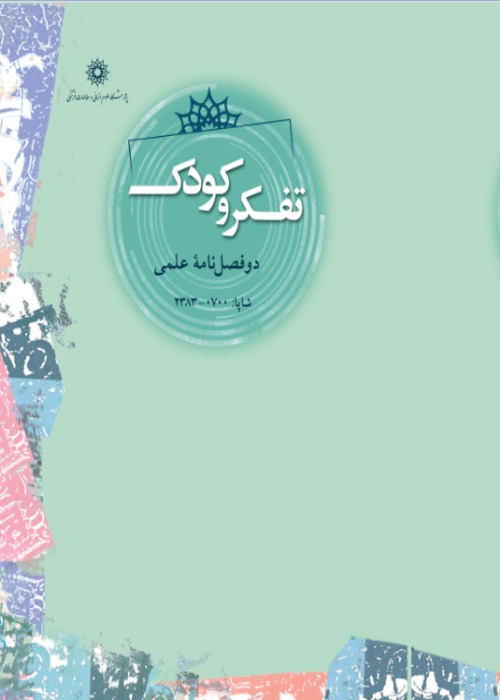The Effectiveness of Teaching Philosophy for Children by Community of Inquiry Approach on Students' Academic Anxiety
The aim of this study was to determine the effectiveness of teaching philosophy to children through the research community method for students' academic anxiety. The research method was quasi-experimental in which a pre-test-post-test design with a control group was used. The study participants included 40 sixth grade elementary students in Maragheh in the academic year 2019-2020. who were randomly selected by cluster sampling and randomly assigned to each of the experimental and control groups. Research instruments include the Academic Anxiety Scale (Philips, 1978), which has four components: fear of assertiveness, lack of self-confidence, physiological reactions, and test anxiety. In the experimental group, teaching philosophy to children was used by the research community method and in the control group, the traditional teaching method was used. Multivariate analysis of covariance was used to analyze the data. The results showed that teaching philosophy to children through the research community method has a significant effect on reducing academic anxiety (P = 0.001, F = 31.126). Also, the effectiveness of teaching philosophy to children through sociological research method in reducing test anxiety (P = 0.001, F = 47.884), physiological reactions (P = 0.001, F = 38.866), fear of assertiveness (0.001). P = 37.480 = P) and students' lack of self-confidence (P = 0.001, F = 37.55) were significant. Therefore, applying the method of teaching philosophy to children through the research community method has a great effect on reducing students' academic anxiety.
- حق عضویت دریافتی صرف حمایت از نشریات عضو و نگهداری، تکمیل و توسعه مگیران میشود.
- پرداخت حق اشتراک و دانلود مقالات اجازه بازنشر آن در سایر رسانههای چاپی و دیجیتال را به کاربر نمیدهد.



